Is the University Colonial?: Critical Conversations on Its Past, Present & Future
In this three-part series, the University of Connecticut's Office of Global Affairs and University of Nottingham’s Institute for Policy and Engagement will be hosting three online panel discussions, each with a focus on decolonizing education. Speakers will examine the role that universities have had in cultivating racism and (settler) colonialism, the present challenges they face in disbanding unequal and oppressive narratives, as well as the future opportunities to contribute meaningfully to an anti-racist and anti-colonial agenda.


Is the University Colonial?: Critical Conversations on Its Past
Monday, October 19, 2020
12:00 p.m. EDT (UConn) / 5:00 p.m. BST (Nottingham)
This virtual event is free and open to the public
This first session considered the past with experts debating the historic role of a university in cultivating inequalities. A recording of the panel discussion and post event Q&A can be viewed below. Various related videos, articles, podcasts, books, and websites are listed under the Resources tab.
Join the conversation on twitter @UConnGlobal and @UoN_Institute use #DecolonizingTheUniversity / #DecolonisingTheUniversity.
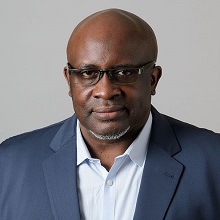
Franklin Tuitt, Ed.D.
Vice President for Diversity & Inclusion
Chief Diversity Officer
University of Connecticut
Opening Remarks
Twitter: @uconndiversity
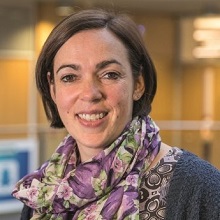
Sarah Sharples, Ph.D.
Pro-Vice Chancellor for Equality, Diversity
& Inclusion
University of Nottingham
Closing Remarks
Panelists:
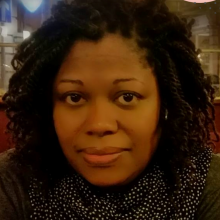
Maria Arruda, Ph.D.
Chair of the Black and Asian Minority Ethnic (BAME) Staff Network
University of Nottingham
Session Chair
Twitter: @guta1610
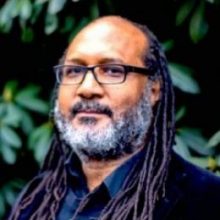
Lewis R. Gordon, Ph.D.
Professor and Head, Department of Philosophy
University of Connecticut
Twitter:@lewgord
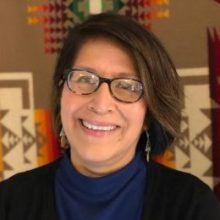
Sandy Grande, Ph.D.
Professor, Department of Political Science
University of Connecticut
Twitter: @RedPedGrl
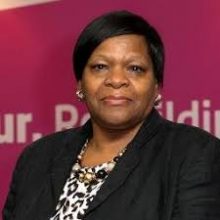
Cecile Wright, Ph.D.
Professor, School of Sociology and Social Policy
University of Nottingham
Twitter: @CecileWrightSD
Post Event Q&A
Question 1
Lewis, I am excited by your idea of a ‘learning community’ and ‘ developing a relationship with reality’. A womanist approach is developing well. But how do we get white males on our side inside the UK university? Any thoughts here? – Jan Etienne
Question 2
One thing I tend to find frustrating about "First World"-centered decolonisation is that I always wonder, where are the scholars who are located in what is frequently termed the Third World? - Katy
Question 3
Many phrases used in University have strong links to Colonialism e.g. First Class, Second Class, Masters. What alternatives could you see to be used? How can the conversation and more importantly action be continued after this session? - Anonymous
Question 4
As a student of Engineering I often find it hard to understand how decolonisation can occur within this field of study. I was wondering how this can be achieved beyond looking at appropriate technologies and how can myself as an outsider attain indigenous knowledge systems without colonising it myself? - Anonymous
Question 5
How can universities confront their colonial past in a political context where governments often already treat them with skepticism on cultural matters, and where acknowledgement of colonial wrongs is often dismissed as "attempting to erase history"? - Chris Sims, University of Nottingham